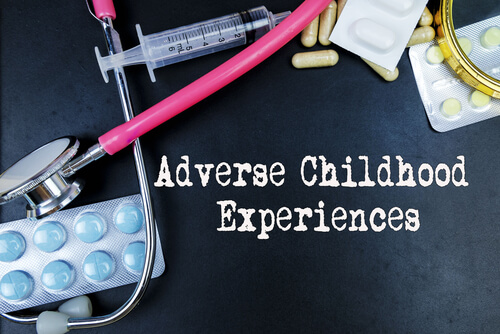
Psychologists have confirmed that the experiences one has during their childhood have long-lasting effects on the rest of their lives. Emotional trauma, physical abuse, mental abuse, verbal abuse, sexual abuse, neglect, and various other negative experiences that are experienced during childhood can lead to various complications in adulthood.
These complications can include mental health problems, such as anxiety and depression, low self-worth, and partaking in risky behaviors, such as drug and alcohol abuse, and dangerous sexual relationships. When a child encounters these types of negative experiences, they are referred to as adverse childhood experiences or ACEs. It has been proven that these experiences largely shape the adult that a child becomes, which can lead to problems in their personal and professional lives.
Fortunately, there are ways to handle adverse childhood experiences and overcome the side effects that they cause. Here’s a look at eight ways to manage ACEs.
1. Determine if you suffered ACEs.
The first and most important step in managing adverse childhood experiences in determining whether or not you have experienced them. The easiest way to do this is by filling out an ACE questionnaire. This questionnaire was developed by a childhood psychologist, and it helps adults determine if they have been the victim of adverse experiences during their childhood. This survey includes 10 questions that pertain to adverse childhood experiences. The answers to this survey can confirm if an adult has been the victim of ACEs.
Based on the answers that are provided on this survey, an adult can then begin working on the healing process; they can seek proper help from professionals and better understand how the situations that they encountered during their childhood have affected them, and what they can do to correct them so that they can better handle the consequences of the experiences they have had.


